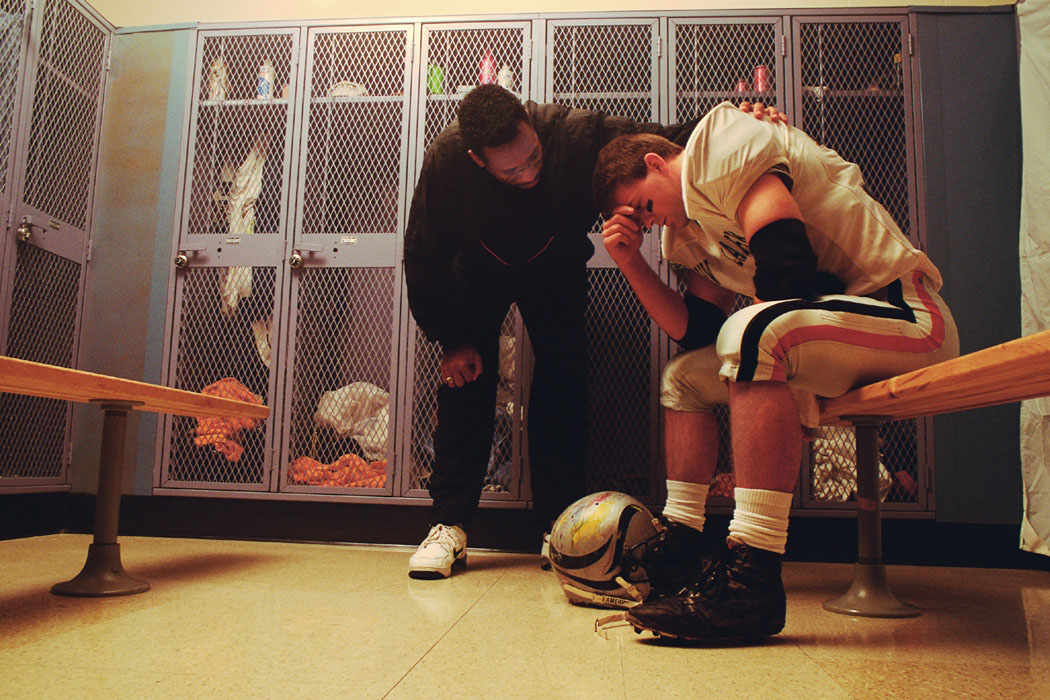Lesson 8 - Types of Consequences
You may also check your understanding of the material on the Ablongman web site. Click on the Publisher Help Site button.
![]()
Presentation of Theoretical Construct
![]()
Lecture Information: Types of Consequences
| Behavior Encouraged | Behavior Suppressed | |
| Stimulus Presented | Positive Reinforcement - Reward | Presentation Punishment - Aversive |
|
Giving grades is a form of Positive Reinforcement |
Giving a student a "time-out" is a form of Presentation Punishment |
|
| Stimulus Removed | Negative Reinforcement - Escape | Removal Punishment - Take away a privilege |
|
"If you get all "A's" on each of your quizzes you don't have to take the final examination" is an example of Negative Reinforcement. |
Keeping an athlete off the team for poor grades |
Negative
Reinforcement:
One of the most common mistakes concerning the different types of
behaviorism's consequences is to confuse "Negative Reinforcement" with
"Punishment. Even though the term has the word "Negative" in
the title, it is still a reward for the actor. You are in fact
subtracting an annoyance from their environment. In this way
it is very much like the old mathematical rule of a "Negative" times a
"Negative" is a positive. This is a mistake that many practicing
teachers make as well.
Authority Figure
Intentions:
The second topic of concern for any discussion of rewards and
punishments from a behavioral point of view is the fact that it does not
matter one wit what you, as the authority figure, intend to accomplish;
it only matters how it is taken by the receiver of the
consequence. As a teacher you can fully intend to punish a student
with a huge tongue-lashing, a vein-in-the-forehead-popping tirade, only
to have the students be rather amused by the outburst. They are
very likely to try and get your goat again. In other words, you
just accidentally reinforced that exact behavior that you wanted to
quell.
The opposite is also true. You can point out to the whole class how well Suzy has organized her desk to perform the project calling everybody's attention to her and her beautiful desk. She then turns bright red in the face and slinks to the back of the with her hand over her mouth. You have just punished her behavior. She is now less likely be organized next time. My point in this is that it is very, very easy to make a mistake with rewards and punishments. You can only be sure of a success by the impact on the behavior.










